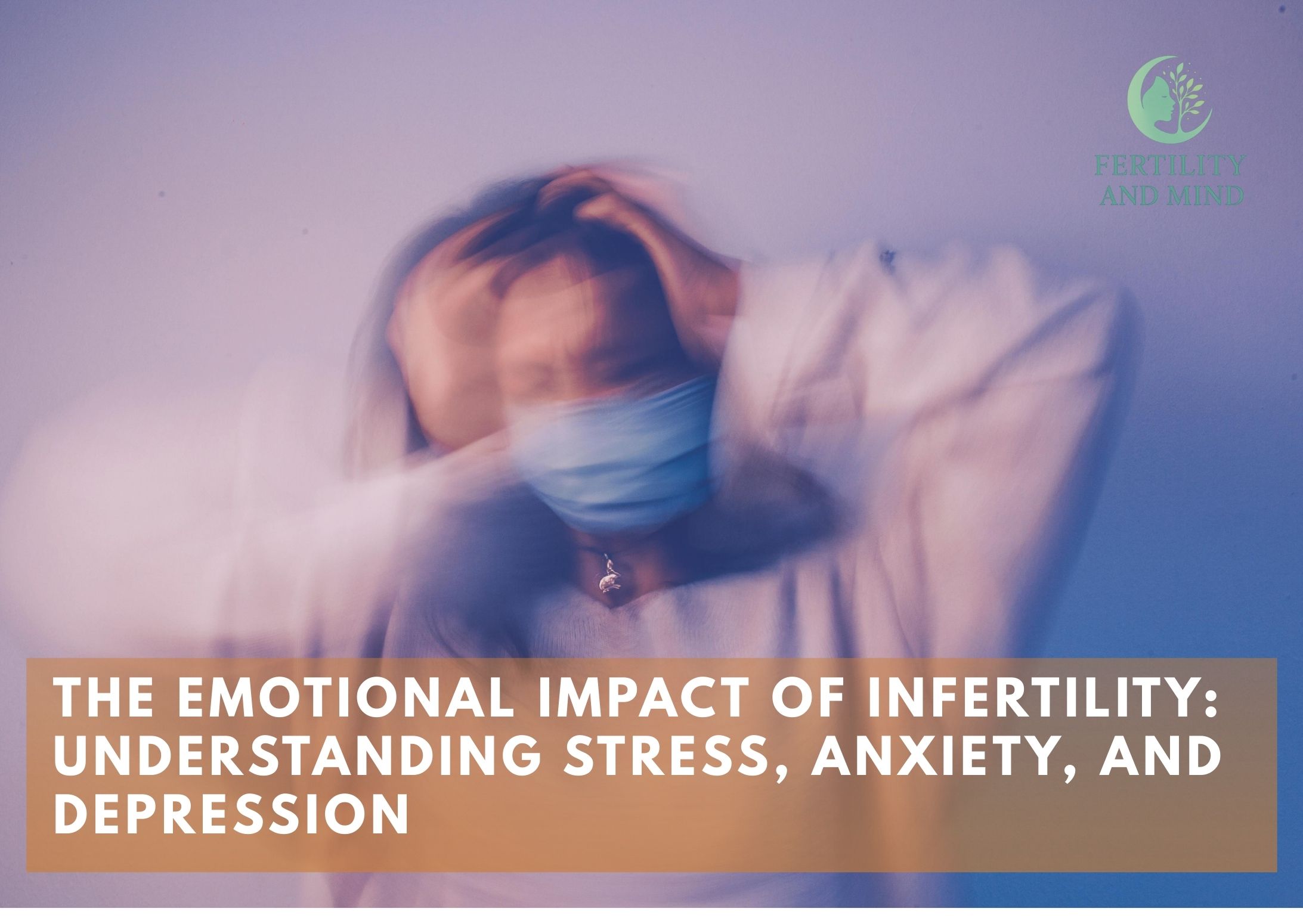
Infertility is not just a medical condition it is an emotional journey that affects every aspect of life. Many patients describe it as one of the most challenging experiences they have ever faced. The emotional impact of infertility goes beyond the physical struggle and extends into stress, anxiety, and depression, which often accompany the fertility journey.
Why Infertility Causes Emotional Distress
The process of trying to conceive without success can create feelings of guilt, shame, and frustration. This cycle of hope and disappointment leads to intense fertility journey emotional challenges.
One key factor is how stress hormones such as cortisol can interfere with the reproductive system. High levels of anxiety during IVF treatments or other fertility procedures can disrupt hormonal balance, making the process even harder.
Stress and Its Connection to Fertility
Psychological Stress in Fertility Treatments
Research shows that coping with infertility stress is just as important as addressing the medical side. Stress does not directly “cause” infertility, but it can reduce motivation to continue treatments and increase dropout rates.
From my perspective, psychological support for infertility is crucial because it helps individuals find healthy coping mechanisms, build resilience, and keep moving forward despite challenges.
Anxiety and Depression During Fertility Processes
Emotional Toll of Treatments
Many patients face infertility depression and mood swings, especially due to the side effects of fertility medications. These may include insomnia, irritability, or emotional instability, which amplify the sense of helplessness.
In my own view, these emotional struggles highlight why mental health in fertility treatments is not optional it is a vital part of success.
Coping Mechanisms and Psychological Support
Counseling and Therapy
Infertility counseling and therapy provide safe spaces to express emotions, fears, and frustrations. Cognitive behavioral therapy (CBT) for infertility helps patients reframe negative thoughts and replace them with healthier perspectives.
Relaxation Techniques
Mindfulness, meditation, and deep breathing are powerful relaxation techniques for IVF patients. Practicing these regularly helps reduce cortisol levels and improves overall wellbeing.
Support Groups
Being part of support groups or fertility clinic mental health services allows patients to share their struggles and feel less isolated. This sense of community often makes a huge difference in handling anxiety.
Conclusion
The emotional impact of infertility is as significant as the medical aspects of treatment. Stress, anxiety, and depression are common, but they can be managed with the right strategies. From mindfulness and CBT to partner support and counseling, addressing mental health is essential for patients undergoing fertility treatments.
Infertility is not just a medical journey it is also a psychological one. With the right support, patients can move through this process with more resilience, hope, and emotional balance.

